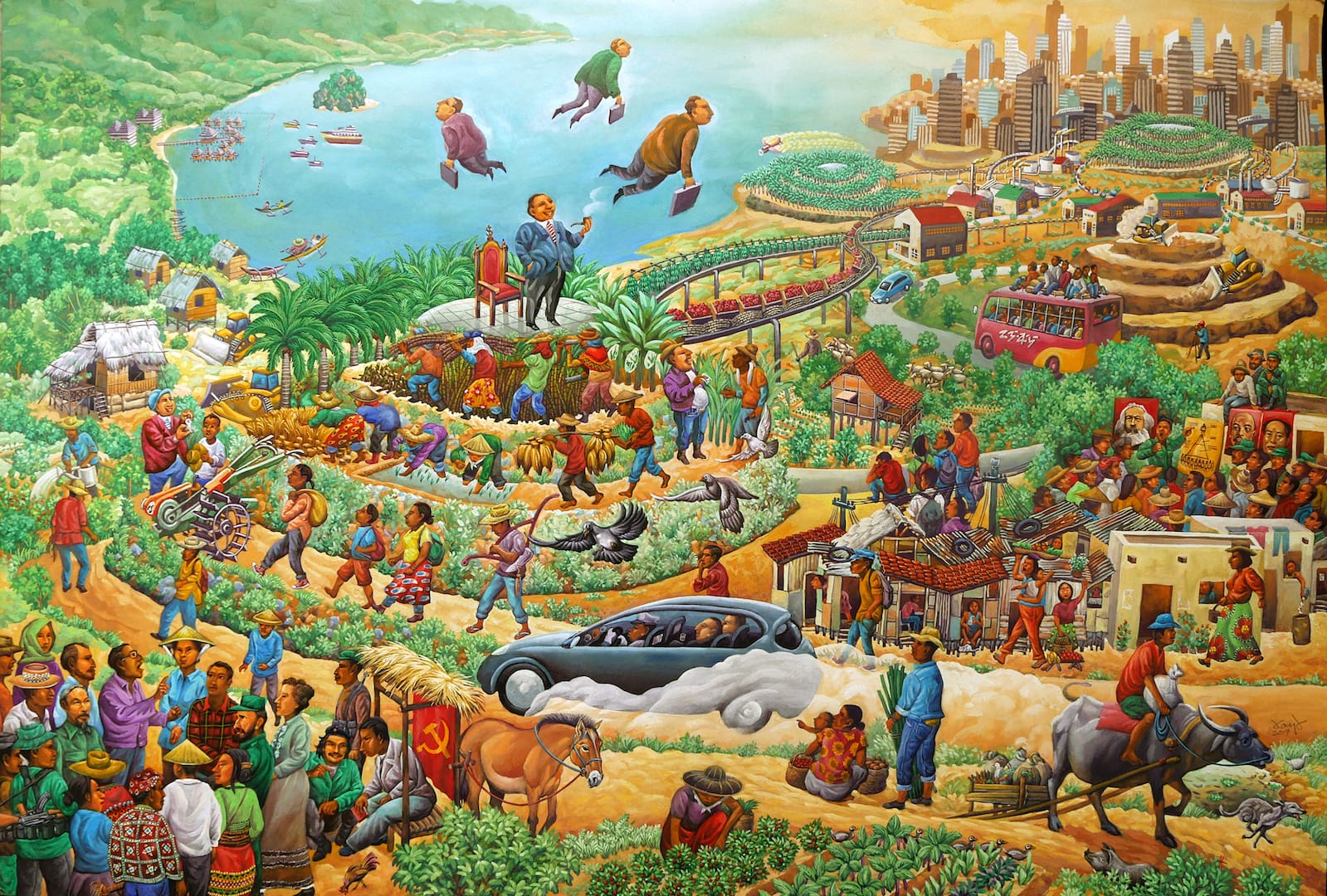Special Forum on Climate Change and Critical Agrarian Studies


Journal of Peasant Studies
August 2021
Call for Abstracts
Climate change is inextricably entwined with contemporary capitalism, but how the relationship between capitalism and climate change plays out in the rural world requires deeper analysis. In particular, the way agrarian struggles connect with the huge challenge of climate change is a vital focus for both thinking and action.
In a recently-published essay, 'Climate change and agrarian struggles', members of the JPS editorial collective lay out a preliminary agenda for future work linking climate change to critical agrarian studies and identify three overlapping clusters of questions. These might apply to multiple settings, as individual cases or as part of global, regional or local analyses:
- How and in what specific, local and global ways, does climate change differ from past environmental exclusions or threats? What combinations of narratives and strategies frame climate change and the institutionalised responses to it in agrarian settings? What exclusions and inclusions result from this?
- How are different people — in relation to class and other co-constituted axes of social difference such as gender, race, ethnicity, age, occupation — affected by climate change and the institutionalised responses to it in agrarian settings? How does this affect processes of social differentiation, trajectories of accumulation and in turn agrarian politics?
- What political logics and strategies can together act to ‘erode capitalism’ and so the causes of climate change? How can these be central to agrarian struggles now and in the future? How might these operate in contexts of ‘authoritarian populism’ and what progressive, emancipatory coalitions and alliances can be forged?
Overall we ask, can we envision a sufficiently anti-capitalist, trans-environmental and agrarian approach to confront climate change in rural settings, and what would this look like in practice? The editorial essay offers a few pointers for grappling with these questions, with some heuristic frameworks drawn from diverse sources that may help structure thinking and potential action. The essay, however, is not intended to be a definitive or prescriptive guide for potential submissions to this JPS Forum, but merely a provocation to encourage them.
We encourage contributions to the JPS Forum on climate change and critical agrarian studies that speak to the perspectives mapped out in the editorial essay, as well as new questions and themes that emerge from the essay and indeed challenge it. Contributions will involve new empirical material, with different conceptual starting points and diverse methodologies focusing on agrarian and rural settings anywhere in the world, as well as more global, international reflections. Connecting concerns around climate change and critical agrarian studies, and so deepening debates around agrarian struggles, is long overdue, and this JPS Forum is an invitation to others to contribute to the debate.
Abstract of not more than 500 words, together with a short bio of author(s) should be submitted not later than 15 October 2021 for selection for potential publication in JPS. Results will be announced 31 October. Authors of selected abstracts will be asked to submit full manuscripts as soon as possible, and these will then be considered for peer review and publication in JPS.
Please submit your abstract to: jps.climatechangeforum@gmail.com
For queries, please email any of the authors of the editorial essay.